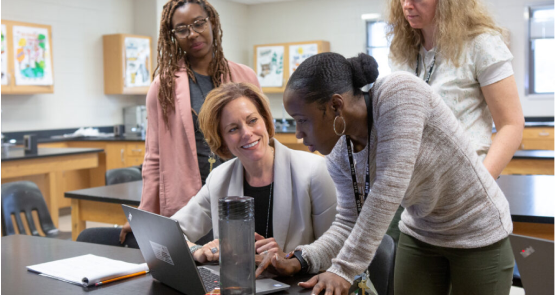
Critical Thinking 2020: People Don’t Engage with Opposing Views
Despite its importance, which is widely acknowledged by the general public, critical thinking remains a somewhat vague and poorly understood concept. Most people realize that it is of vital importance to individual success and educational attainment, as well as to civic life in a liberal democracy. And most seem to realize that 21st-century challenges and changes make acquiring critical thinking skills of even more urgent importance. But when it comes to instilling them in children and developing them in adults, we are, in many ways, still at square one.
To keep apprised of the public’s view of critical thinking, the Reboot Foundation conducted its annual survey on the topic in late 2019. Unfortunately, the COVID-19 pandemic forced a delay in the release of the results. Nevertheless, this most recent survey dug deeper than earlier research, and looked especially into how the public understands the state of critical thinking education. For the first time, our team also surveyed teachers on their views on teaching critical thinking.
General Findings
- Support for critical thinking skills remains high, but there is also clearly skepticism that individuals are getting the help they need to acquire improved reasoning skills.
- There are worrisome trends—and promising signs—in critical thinking habits and daily practices. In particular, individuals still don’t do enough to engage people with whom they disagree.
- The public cited three main causes for the deficits in critical thinking skills: technology, changing societal norms, and the education system.
- Some teachers harbor misconceptions about how to teach critical thinking, and they need more support when it comes to critical thinking instruction.
- Media literacy is still not being taught as widely as it should be.


